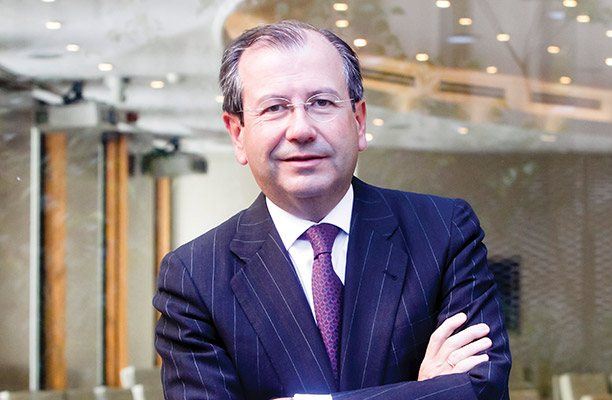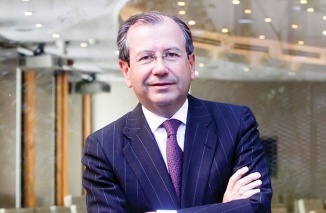Garrigues has seen a 7% rise in revenue for the 2021/22 financial year, enabling it to become the first Iberian law firm to post revenues in excess of €400m.
The Madrid-headquartered firm, which in total billed €414.2m throughout the year, has largely the success of its domestic offering to thank for this uptick. The Spanish practice, which spans 18 offices, generated €361.4m – an increase of 7.4% compared with the previous year.
A growing international office network also contributed to the encouraging figures. The firm now has offices in 12 countries across Europe, Asia, Africa and the Americas, with 13% of billings the result of international mandates. Of these offices, which collectively saw a 5% revenue increase, the Portugal and Latin America practices were the most profitable internationally.
Practice-wise, the corporate and tax departments continue to be the main drivers of business, respectively bringing in 33.7% and 30% of firm-wide revenue. Other key areas of practice include the labour/employment group (11.3%) and the litigation and arbitration offering (11.1%).
The latest figures continue Garrigues’ recent upward trajectory. The practice has posted consistent growth over the last five years, boasting a 16% turnover increase since 2017.
Fernando Vives, executive chairman of Garrigues (pictured), said: ‘2021 has been a complicated year, overshadowed by the Covid-19 pandemic. However, thanks to the trust our clients place in us, the talent and efforts of our team, and our focus on sound, profitable growth, we achieved record revenues this year.’
The results coincide with Vives starting a new term as executive chairman, having been re-elected to the post until February 2026. In the role since 2014, he has taken a leading role in the firm’s international expansion and digital transformation.
ESG considerations have been at the forefront of Vives’ tenure so far. As of 2020, EU offices have been powered by renewable energy sources, and since 2021 all scope 1 and 2 CO2 emissions were fully compensated.
In total, the last five years have seen the firm invest €55.9m in innovation, and there are plans to invest another €45m over the next three years.
Looking forward, Vives noted: ‘Our main challenge is to make sure the firm is prepared to face whatever the increasingly uncertain future brings.’
Vives has also confirmed the firm’s stance on Russia-related work following the invasion of Ukraine: ‘From the standpoint of our professional activity, the firm does not provide services to the Russian or Belarusian states, or to any citizen or company on the sanctions list of the EU or that is controlled or managed by those governments. Since the start of the crisis, we have been closely and systematically monitoring any professional services required by Russian and Belarusian citizens and companies, always in keeping with our values as an organization and with the ethical standards of the legal profession.’














